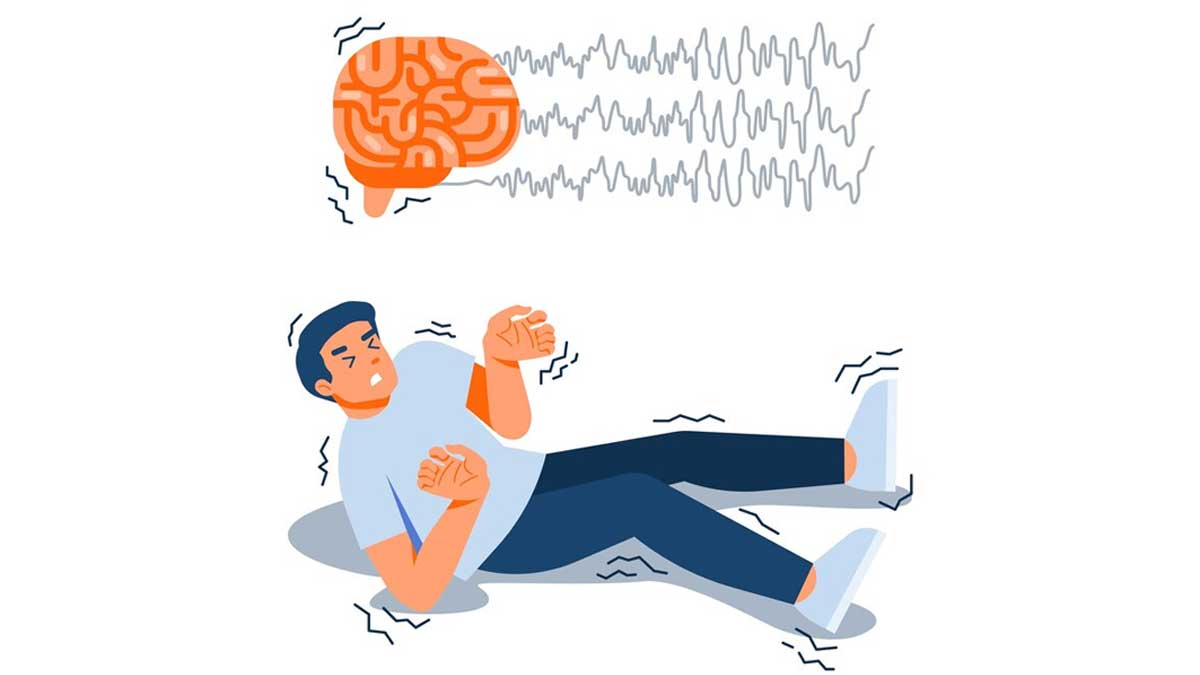
Epilepsy is a neurological disease defined by recurrent seizures that can range from mild to severe and life-threatening. Treatment of epilepsy is a complex process, with treatment options varying from person to person.
Table of Content:-
According to the World Health Organisation, epilepsy affects around 50 million people worldwide, making it one of the most common neurological illnesses. Almost 80% of epileptics are living in low- and middle-income nations.

Surgical Options For Epilepsy
According to Dr Bhakti Gajjar, Neuro-physician, HCG Hospitals, Ahmedabad, surgical options for epilepsy are recommended when seizures are localised to a specific area of the brain, and removing or disconnecting that area can reduce or eliminate seizures. Epilepsy Surgery Options Include:
Temporal Lobectomy
The temporal lobe is located on the left and right sides of your brain. These areas, located inside your skull near your temples and ears, help you manage your emotions, interpret sensory information, store and retrieve memories, and understand language.
Also read: Epilepsy Awareness Month 2021: Know What To Do and What Not To Do During A Seizure
As per Dr Gajjar, the process called temporal lobectomy involves removing a portion of the temporal lobe, where many seizures originate.
Corpus Callosotomy
Actually corpus callosum is a structure that connects the left side of the brain to the right side, each side being known as a hemisphere, and seizures can spread through the hemisphere, so a corpus callosotomy is performed to disconnect the connection between the brain's hemispheres, preventing the spread of seizures from one side to the other.
Vagus Nerve Stimulation (VNS)
VNS is an alternative to traditional surgery. It involves implanting a device that stimulates the vagus nerve to reduce the frequency and severity of seizures.
.jpg)
Responsive Neurostimulation (RNS)
“RNS is a newer surgical approach that involves implanting a device that continuously monitors brain activity and provides targeted electrical stimulation to prevent seizures,” sid Dr Gajjar, adding, epilepsy surgery is a viable option for people who have not responded well to medications, and it can significantly improve their quality of life.
Medications for Epilepsy
“Antiepileptic drugs (AEDs), are often the first line of treatment for epilepsy. They work by stabilising the electrical activity in the brain, reducing the likelihood of seizures. There are various AEDs available, each with its own set of benefits and potential side effects,” said Dr Gjjar.
“Finding the right medication or combination of medications is essential and often requires close collaboration between the patient and their healthcare team,” she added.
Lifestyle Changes and Epilepsy Management
According to Dr Gajjar, patients with epilepsy should consider the following lifestyle adjustments:
Sleep
Maintaining a regular sleep schedule and getting enough sleep is crucial, as sleep deprivation can trigger seizures..
Stress
High stress levels can exacerbate epilepsy, so practising stress-reduction techniques such as meditation, yoga, or deep breathing exercises can be beneficial.
Diet and Nutrition
Some people with epilepsy find that certain dietary changes, such as a ketogenic diet or specific nutritional supplements, can help reduce seizures.
Also read: Epilepsy Has Several Types, How Are These Diagnosed? Doctor Answers
Regular Exercise
Physical activity can help improve overall health and may reduce the frequency of seizures in some individuals.
Seizure First Aid
Friends and family should be educated on how to provide seizure first aid and recognise when emergency medical care is needed.
Epilepsy requires a personalised approach, taking into account the patient's medical history, the type of seizures they experience, and their lifestyle. Medications, surgery, and lifestyle changes are all tools in the epilepsy management toolbox, and the best strategy often involves a combination of these approaches.
“Close collaboration between the patient, and doctors, and support from loved ones is essential to achieving the best possible outcomes in epilepsy management. If you or a loved one are living with epilepsy, seek the guidance of a qualified doctor to discuss your individualised treatment plan,” Dr Gajjar concluded.
Also watch this video
How we keep this article up to date:
We work with experts and keep a close eye on the latest in health and wellness. Whenever there is a new research or helpful information, we update our articles with accurate and useful advice.
Current Version